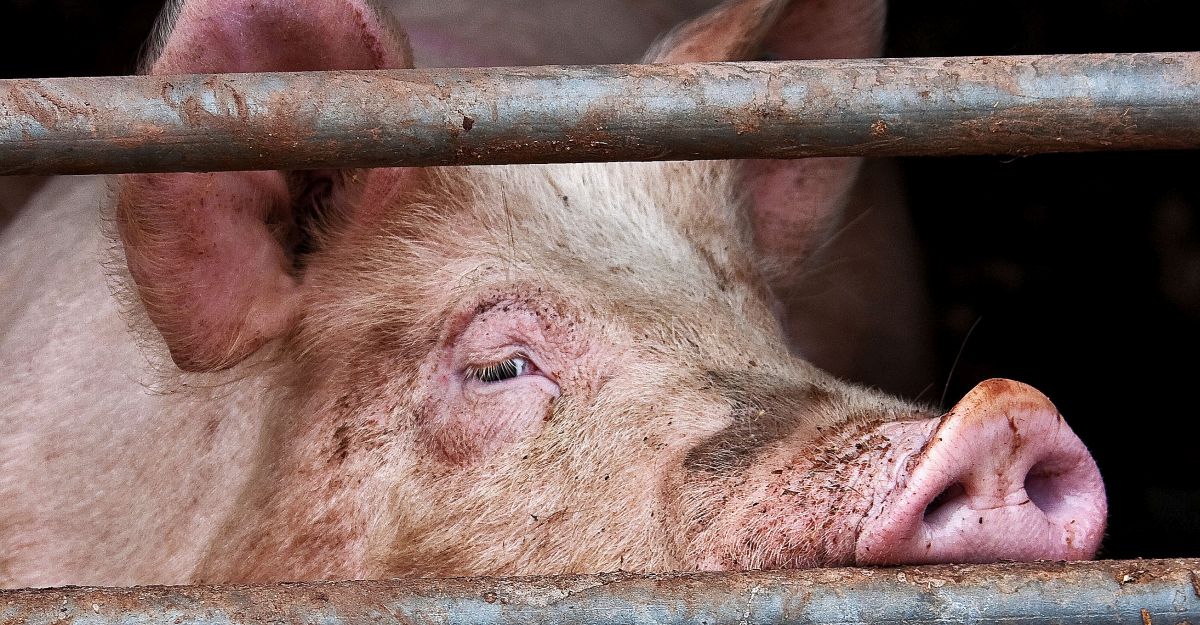It’s a day by day proposition – dying.
Diagnosed with esophageal cancer, my mother has been grappling with the process more than the outcome. At eighty-four, with a traditional nursing pedigree and a lifetime of helping those in distress as a minister’s wife, my mother has reconciled herself to the inevitable and does not fear it at all. The path there, however, has been full of trial and tribulation causing her to question Old Hughey’s plan; the plan that has given many of my mother’s generation comfort and reassurance; the plan she accept and does not question for His ways are unknowlable and divine.
But still my mother is dying.
Time has lost its meaning. The oncologist will not give a predicted expiry date. Even the Bible has faltered in this modern age with the old ‘three score and ten’ being a redundant figure for most. Cancer isn’t an exact science. It moves of its own accord having never accepted clocks and schedules. The oncologist, therefore, doesn’t predict. He’s fairly certain of the nature, type and progress but a date, a time, an hour from his lips could easily become far too predictive and force the patient to conform to a timetable for which, in this case, my mother is not ready.
So my mother dies patiently.
Bureaucracies hover like vultures. Death is expensive. Radiation treatment is not covered by medical insurance unless one is an in-patient. My mother began her round of ten treatments as an out-patient even though the doctor knew she would inevitably have to be admitted. And she was admitted which changed the funding arrangement. Prior to this, there were compliance checks with occupational health and safety to ascertain how she would be handled when coming in for treatment. One particular scan involved a five-hour day of logistics: picking up my mother, driving her across town for the machine they wanted to use, being taken through the cost analysis, completing an occupational health and safety assessment, having the scan and then the journey home. Of that, the scan took less than fifteen minutes. My impression? There was a political agenda to minimise costs behind it all but I cannot say for certain.
And through all that my mother was slowly dying.
Around her, time hangs heavily. We are so used to controlling our day, our week and even year. We plan ahead. But cancer doesn’t have a conscience or any sense of guilt. It will have what it wants when it wants it. The family is on call to meet its needs. It’s easier to rearrange meetings, appointments and luncheon dates than to expect the cancer to think ahead for it will beckon with excruciating pain when least anticipated necessitating one drop anything of lesser importance – and nothing is as important as cancer.
And so my mother continues to die.
The warp and weft of family relationships are placed under strain. An inadvertent comment or misunderstood phrase is pulled like a thread holding the accustomed stitching of family’s sleeve together. Life unravels. The old accustomed coat of familiarity doesn’t fit as well for each sibling copes with death in his or her own way. Acceptance is called for but, at times, reluctantly given. We fall victim to our own folly having to deal with a completely new situation after years of complacent indulgence in our own ways that have been selfish, smug and unchallenged.
And still my mother lives.
My mother hangs on with a temerity that belies her age and the rapaciousness of the disease. Her GP had failed to diagnose the symptoms dismissing her complaints as gastric reflux. The loss of weight, the repetitive and excessive use of cough lozenges and the telltale thumb massaging her breastplate were not enough indication for him to investigate further. She had accepted his diagnosis even though experience told her otherwise. But that’s what my mother’s generation did.
But she lives.
The tenacity of will that keeps my mother alive has enabled her to hold two contradictory opinions simultaneously and equally believe in both. She wants to return home but knows the challenges this presents physically, rationally and emotionally. In a way, she has juggled all these balls all her life. We all do. We question the practical sacrifices we make for others but take comfort in the emotional return of favour. We rationalise what is happening to us in expectation of reward or to justify what is seemingly unpleasant. The ingratitude of her offspring as children that was so willingly accepted then is certainly paying dividends now as they come to the fore where her care is concerned. We weep for both joy and sorrow simultaneously as it is the epitome of the loving hate immortalised by Shakespeare’s star-crossed lovers.
This is the life that cancer brings.
It is a ravenous thing that feeds on others and concentrates life into a compressed ball. In dying my mother lives in each instant of the day. Past, present and the future are contained within each moment for we cannot look too far ahead, expect too much or plan beyond the day. We cannot escape our siblings, manipulate our way around bureaucracies, hang on the grievances, hope for cures or pray for miracles. It is what it is. It’s life.
–






